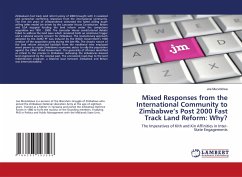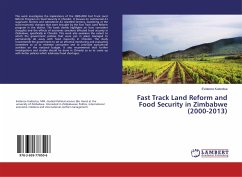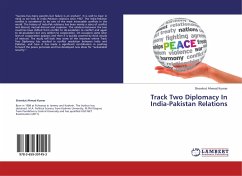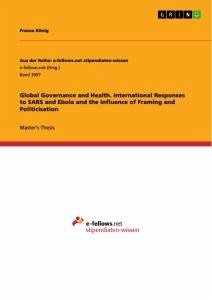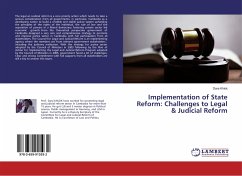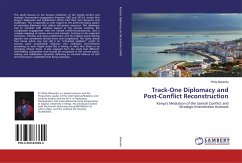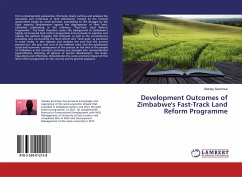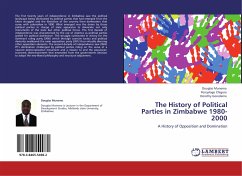Zimbabwe's fast track land reform policy of 2000 brought with it racialized and somewhat conflicting responses from the international community. The first ten years of independence witnessed the failed willing buyer willing seller model Let driven by the Lancaster House Constitution. Britain and USA stopped funding the land reform under the compulsory acquisition era 1991 - 2000. The Lancaster House constitutional debate failed to address the land issue which remained both an emotional trigger and a national security concern for Zimbabwe. The revolutionary approach adopted by the ZANU PF was induced by the British Government's 1600 creation of the opposition party during the late 90s. The chaotic nature of the land reform attracted backlash from the neoliberal who employed smart power to cripple Zimbabwe's economic sector to rally the population against the ZANU PF-led Government. The generality of Africans identified as critical to the process in Zimbabwe redressing the imbalances skewed land engineered by the colonial past. The unresolved road-map to the land redistribution program, a bilateral issue between Zimbabwe and Britain was internationalized.
Bitte wählen Sie Ihr Anliegen aus.
Rechnungen
Retourenschein anfordern
Bestellstatus
Storno

